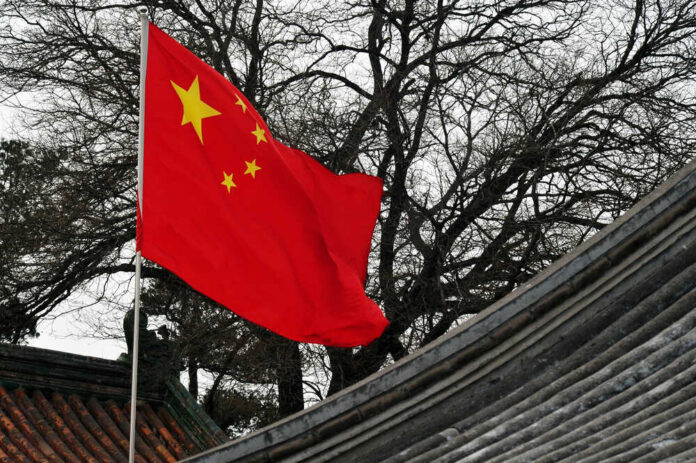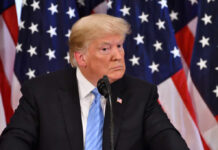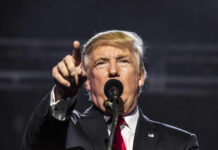
In a recent French television interview, China’s ambassador to France, Lu Shaye, stirred significant controversy by suggesting that former Soviet republics, including the Baltic states of Estonia, Latvia, and Lithuania, are not sovereign nations. The comments were met with outrage, as foreign ministers from these countries condemned the statements and summoned Chinese representatives for explanations.
During the interview, Lu Shaye argued that these ex-Soviet Union countries do not have an influential status in international law, citing the absence of any international agreement that solidifies their position as sovereign nations. The statement has raised concerns, particularly as it echoes Russia’s aggressive stance toward the sovereignty of Ukraine and the Baltic states.
Chinese Ambassador Suggests Ex-Soviet Baltic States Not Sovereign Nationshttps://t.co/O8XSBsXSVT
— Breitbart London (@BreitbartLondon) April 23, 2023
The Chinese ambassador’s remarks came under fire from Lithuanian Foreign Minister Gabrielius Landsbergis, who asserted that the Baltic states don’t trust China to broker peace in Ukraine. His Estonian and Latvian counterparts, Margus Tsahkna and Edgar Rinkevics, criticized the comments as false, historically inaccurate, and completely unacceptable.
As the European Union reassessed its diplomatic and economic relationship with China, the Chinese Foreign Affairs Ministry spokesperson, Mao Ning, responded by saying that “China respects the status of the former Soviet republics as sovereign countries after the Soviet Union’s dissolution.” However, this statement contradicts the ambassador’s earlier comments, reflecting potential confusion or internal disagreements within the Chinese government.
France’s Foreign Ministry expressed concern, hoping the ambassador’s remarks do not reflect China’s official position. European Union foreign policy chief Josep Borrell also condemned the comments, emphasizing that the EU believes they don’t represent China’s official policy.
This latest controversy further complicates the relationship between China and the European Union. With China being the largest source of EU imports and the third-largest buyer of EU goods, balancing maintaining deep economic ties and addressing the contentious issues remains challenging for the bloc. EU leaders are expected to discuss their strategy toward China at a meeting in June.
As European Commission President Ursula von der Leyen acknowledged, managing the relationship with China is crucial to de-risking diplomacy. While she emphasized that the EU would never shy away from raising concerns, she also recognized the importance of leaving room for discussion on a more ambitious partnership and ensuring fair competition.
China’s disturbing stance on Baltic states’ sovereignty and its questionable commitment to brokering peace in Ukraine should be a cause for concern. As the EU recalibrates its relationship with China, it must ensure that its economic interests do not overshadow the importance of standing up for the sovereignty of nations and promoting peace in the region.



























